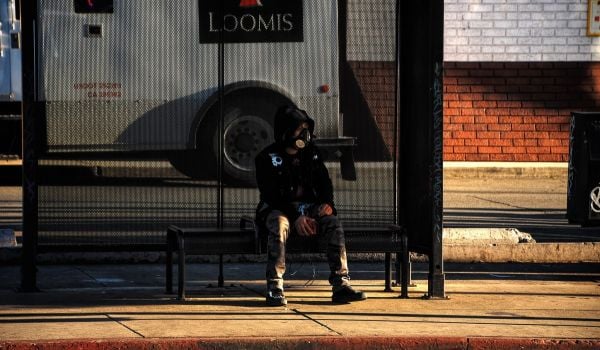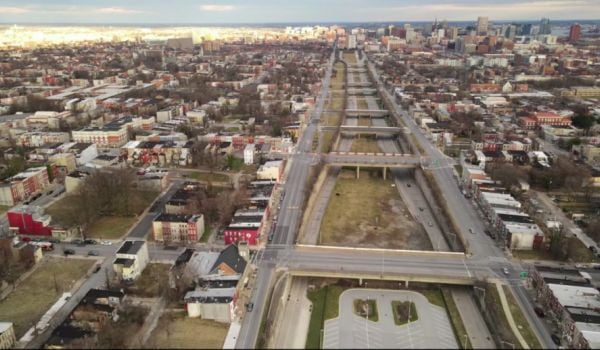Boston has StreetBump, which gives drivers a high-tech detection app to transmit information about bad roads to the city, and as of this year, Detroit residents can report potholes with a smartphone click. Now there’s a computer program that “reads” pavement cracks in photos taken from a small windshield camera.
The idea of just three city inspectors responsible for surveying cracks for 1,100 miles of Pittsburgh streets was enough to drive Christoph Mertz, who created the program at Carnegie Mellon University’s Traffic21, which studies transportation problems. Mertz is working with the city to test the invention.
As Philadelphia’s Newsworks reports,
Mertz’s program, he claims, automates the process, speeds it up, and eliminates human bias. It uses photos from the cameras installed in city vehicles — vehicles that would be making rounds in the city anyway, not requiring dedicated city employees’ time. The program breaks the pavement in each picture into a grid and then the photos are combed digitally, using an algorithm, looking for texture. A newly paved road looks flat to the machine, but a road with cracks in it will have texture. Then it calculates how much of the given surface is covered by cracks and scores the road’s condition.
Pittsburgh’s current method of managing roads is standard to many cities, so Mertz is hopeful the program could catch on elsewhere after they work through some kinks.
Deputy Director of Public Works Lee Haller sees a lot of benefits, including when it comes to funding concerns. “I think when you have the conversation with Council and say these are the extra streets specifically by name that we would be able to do in this upcoming season if we had extra money, it’s more tangible,” he told Newsworks.
Marielle Mondon is an editor and freelance journalist in Philadelphia. Her work has appeared in Philadelphia City Paper, Wild Magazine, and PolicyMic. She previously reported on communities in Northern Manhattan while earning an M.S. in journalism from Columbia University.
Follow Marielle .(JavaScript must be enabled to view this email address)

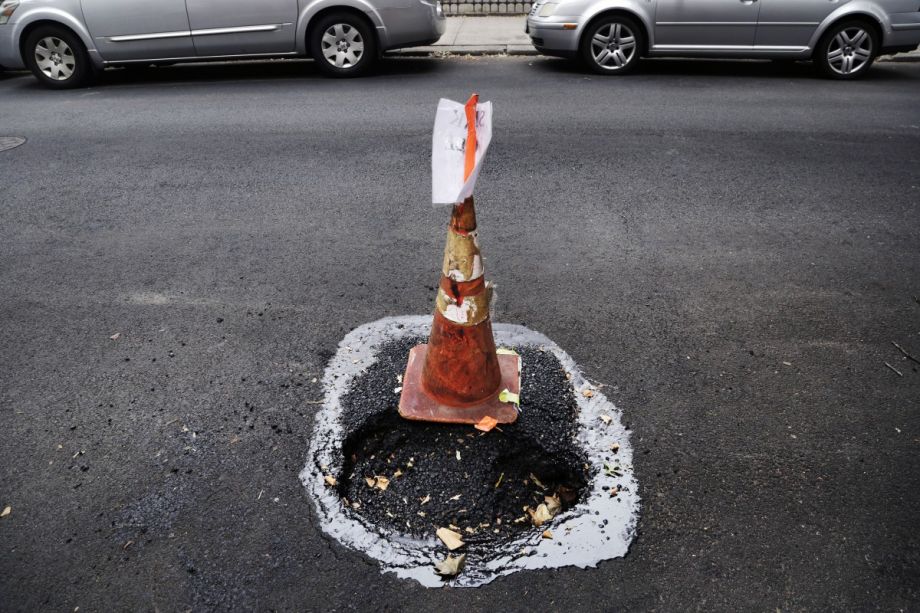
_600_350_80_s_c1.jpg)

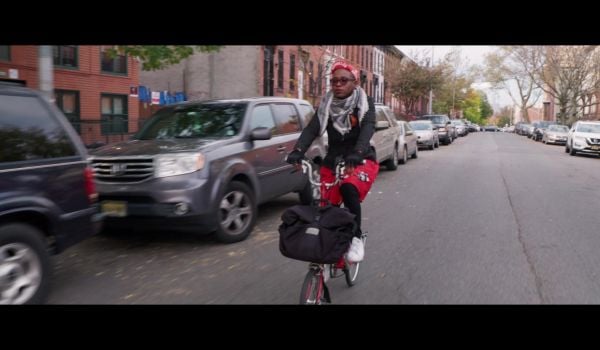
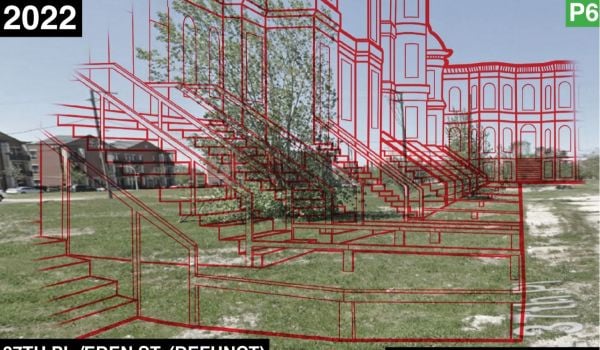
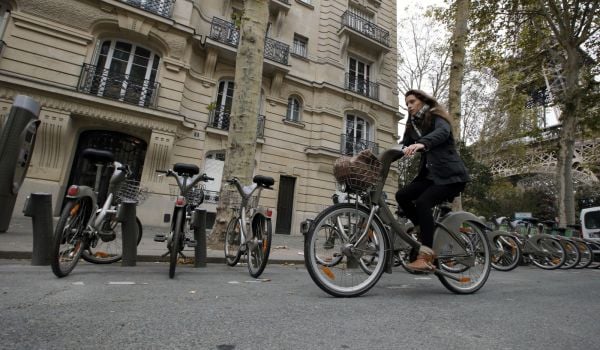
_on_a_Sunday_600_350_80_s_c1.jpeg)
